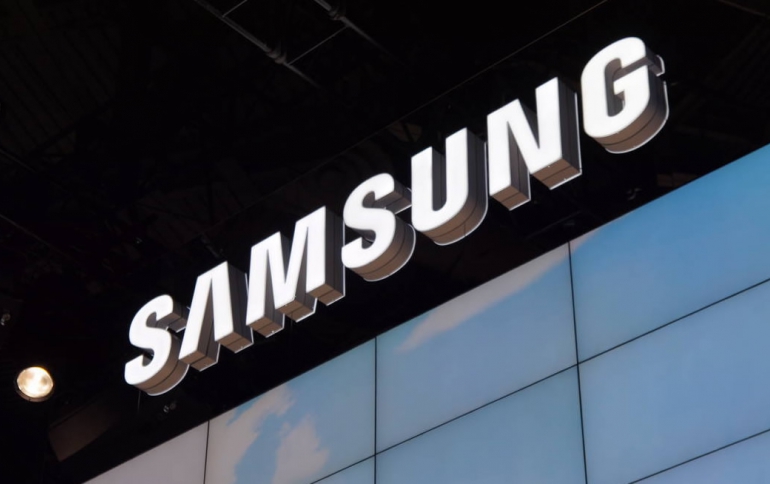
U.S. to Close Investigation of Samsung's Use of Its Standards-Essential Patents
The U.S. Department of Justice's Antitrust Division closed its investigation into Samsung Electronics' use of a special class of essential patents (SEPs) to attack rivals.
Samsung had filed a complaint against Apple at the U.S. International Trade Commission and won an order banning the sale of some Apple products in the United States. That order was overturned in 2013, rendering the Justice Department investigation unnecessary, the department said on Friday.
"The Antitrust Division's investigation focused on Samsung's attempts to use its SEPs to obtain exclusion orders from the U.S. International Trade Commission (ITC) relating to certain iPhone and iPad models.
"A number of competitive issues arise when holders of SEPs seek to block their competitors from selling products that implement the SEPs. While there are certain circumstances where an exclusion order as a remedy for infringement of such patents could be appropriate, in many cases there is a risk that the patent holder could use the threat of an exclusion order to obtain licensing terms that are more onerous than would be justified by the value of the technology itself, effectively exploiting the market power obtained through the standards-setting process," the DoJ said.
The U.S. Trade Representative (USTR) reviewed the exclusion order issued by the ITC against Apple at Samsung's request and overturned it, determining that "it was not consistent with the public interest." As a result of the USTR's action, the Antitrust Division has determined that no further action is required at this time.
The Antitrust Division added that it would continue to monitor further developments in this area.
"The Antitrust Division's investigation focused on Samsung's attempts to use its SEPs to obtain exclusion orders from the U.S. International Trade Commission (ITC) relating to certain iPhone and iPad models.
"A number of competitive issues arise when holders of SEPs seek to block their competitors from selling products that implement the SEPs. While there are certain circumstances where an exclusion order as a remedy for infringement of such patents could be appropriate, in many cases there is a risk that the patent holder could use the threat of an exclusion order to obtain licensing terms that are more onerous than would be justified by the value of the technology itself, effectively exploiting the market power obtained through the standards-setting process," the DoJ said.
The U.S. Trade Representative (USTR) reviewed the exclusion order issued by the ITC against Apple at Samsung's request and overturned it, determining that "it was not consistent with the public interest." As a result of the USTR's action, the Antitrust Division has determined that no further action is required at this time.
The Antitrust Division added that it would continue to monitor further developments in this area.





















